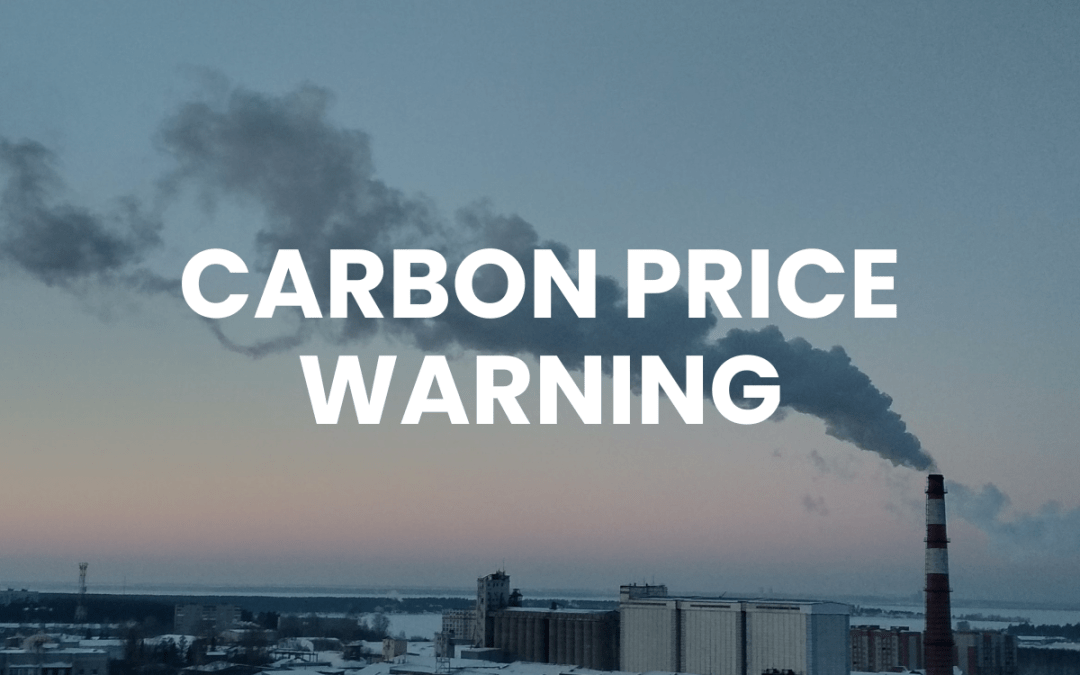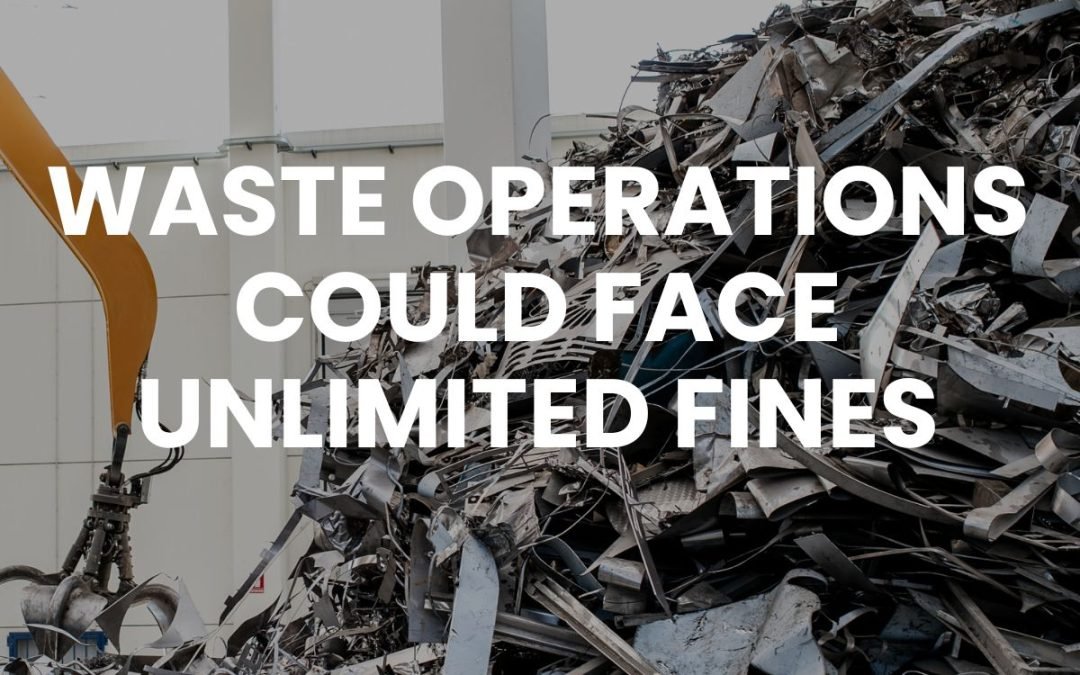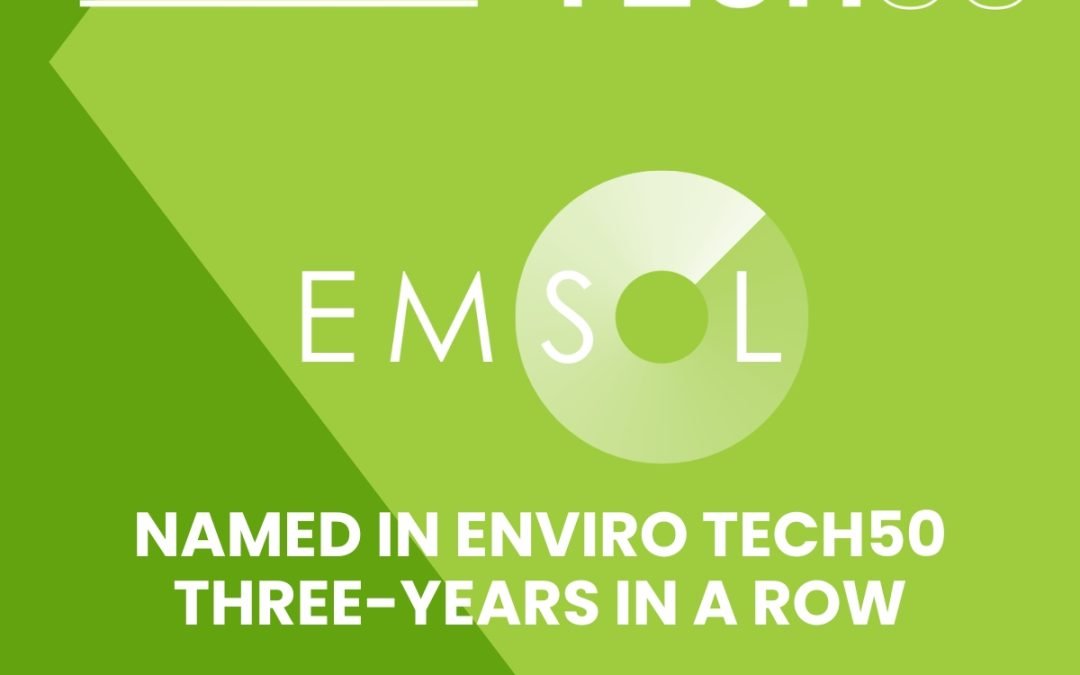Like many other industries, the Construction industry has been impacted by COVID-19 in numerous ways such as supply chain challenges, health and safety implications, slower developments and longer project timelines. One of the main challenges the industry faces is making sure it gets back to business as normal whilst still keeping focus on the long-term targets of reducing over 50% of emissions by 2025. The UK government have also set out a net zero target for 2050 with £3 billion pledged to help the nations efforts to combat climate change.
The construction industry is responsible for about 39% of all emissions world-wide (according to the Global Status Report by the UN and International Energy Agency), so ensuring that more is done to reduce the impact from both operational and construction building processes is vital to hitting these emission targets. Construction companies in the UK are also rely of dirty fuels and organisations are keen to do more to become green to improve their branding and credentials.
There are concerns that the industry is moving too slow in the transition to being carbon neutral. For instance William Tebbit, the CEO of Green Biofuels, stated that “as lockdown has eased, figures show that our total emission savings have dropped from 16% to 36% during lockdowns in June. The progress with reducing emissions during lockdown will be voided by large scale use of dirty fuels”. It’s clear to see that to have any chance of hitting the ambitious targets that a national effort of both long-term planning and speedy adoption of green technologies. As many people like Tebbit have mentioned, policymakers have been clear on the communications and the vision but in reality, the implementation of methods to combat climate change is too slow.
What can the construction industry do to speed up carbon-neutral work to hit climate change targets and to measure air quality?
Undeniably, construction businesses will be focused on their financial sustainability in the wake of the pandemic. However, there are many ways in which they can combat poor air quality as they return to business as usual. These include using alternative green biofuels, which can immediately reduce air pollution (e.g. 925,000 litres of green biofuel are equivalent to 520 single flights from London to Sydney). But it’s not just about strategically commercialising and investing in biofuels, it’s also about using new technologies (investing in more efficient equipment), tools (smarter tools to be able to do a more effective job) and methods (reducing times on site projects or coming up with more efficient site designs).
Businesses need to look at what tools are available to track their own impact on meeting clean air targets and to try and improve air quality. Without this, teams cannot know the best investments to make or measure the impact they have. Many organisations are already using these tools, like EMSOL, to be able to monitor air quality levels across different locations. This way, construction organisations can actively see their progress in the short-term on achieving their clean air goals in the long-term. To be able to effectively implement small actions now which will help them in the long term as well. If you need help with tracking your organisations air pollution impact and where you can improve, then speak to the EMSOL team and we can help you understand how you can instantly report on air quality and take targeted action.
FREE GUIDE: How To Take Control of Air Pollution in Construction
Protect your people and the local community: a new way to reduce construction pollution.
Download the guide here.





